The Worcester County Conservation District invites you a free program at the Leominster Library on March 17 at 3 pm. Ed Himlan of the Massachusetts Watershed Coalition will present a slideshow about the design and benefits of rain gardens.
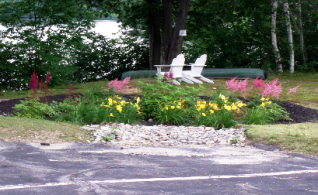 Rain gardens attract birds and butterflies, while protecting local streams and ponds. These gardens are planted with flowers, shrubs and grasses that are easy to maintain and thrive without fertilizers and pesticides. The slideshow will explain where to place a rain garden, how to select plants and how to keep the garden flourishing as a beautiful accent for your home or business.
Rain gardens attract birds and butterflies, while protecting local streams and ponds. These gardens are planted with flowers, shrubs and grasses that are easy to maintain and thrive without fertilizers and pesticides. The slideshow will explain where to place a rain garden, how to select plants and how to keep the garden flourishing as a beautiful accent for your home or business.
Runoff from rain and snow melt is a big problem as forests and fields are replaced by buildings, streets and parking lots. Rain garden plants and soils filter storm water and recycle nutrients that can harm water quality. The bowl-shape design also allows rain to recharge the groundwater that keeps streams healthy during drought conditions.
Spring is the ideal time to create a rain garden. Rain gardens can be placed in sunny or shady locations, and there are many plants that supply food and habitat for wildlife. Participants will receive a free Pocket Guide with helpful tips about rain gardens and other runoff remedies. To register for the rain garden workshop, phone Lisa Trotto (508) 829-4477 ext. 5.
This workshop is sponsored by the Worcester County Conservation District seedling program, which has many types of trees, flowers and shrubs for sale. The plant selections can be viewed at http://worcesterconservation.org/buy-seedlings/

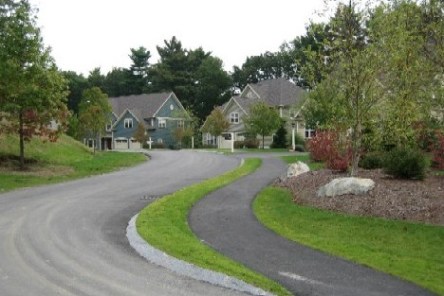 LID best practices include: minimizing the alteration of natural areas; minimizing creation of impervious surfaces; retaining natural vegetated buffers along wetlands and waterways; and minimizing changes to natural flow patterns.
LID best practices include: minimizing the alteration of natural areas; minimizing creation of impervious surfaces; retaining natural vegetated buffers along wetlands and waterways; and minimizing changes to natural flow patterns.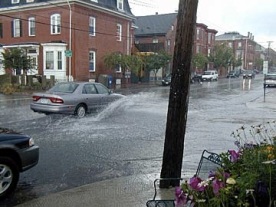 Polluted runoff is the leading cause of damages to local waters. Fortunately, there are efficient ways to fix stormwater problems that impact property, harm aquatic life and spoil uses of streams, lakes and water supplies.
Polluted runoff is the leading cause of damages to local waters. Fortunately, there are efficient ways to fix stormwater problems that impact property, harm aquatic life and spoil uses of streams, lakes and water supplies.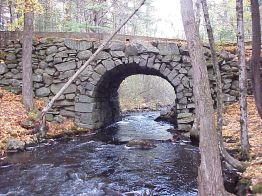
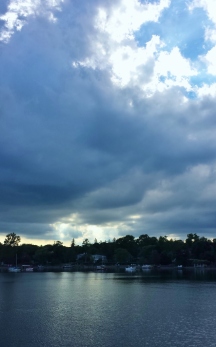
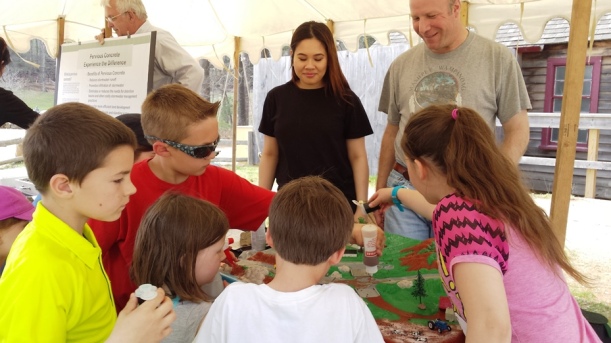
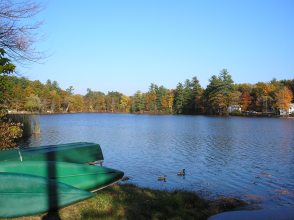 Ed Himlan of the Massachusetts Watershed Coalition will share a slideshow on how to keep lakes and ponds healthy. This program will feature low-cost, easy ways to prevent and fix polluted run-off:
Ed Himlan of the Massachusetts Watershed Coalition will share a slideshow on how to keep lakes and ponds healthy. This program will feature low-cost, easy ways to prevent and fix polluted run-off: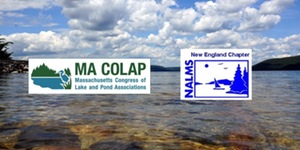
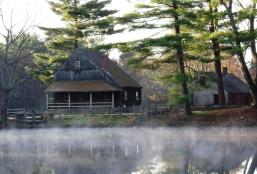
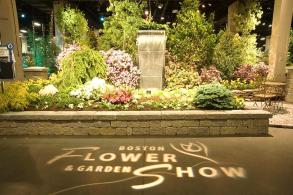 With spring weather coming early this year, get a head start on your garden by going to the Boston Flower and Garden Show. Learn about the perennials and annuals available for your garden, as well as new landscaping techniques and trends. While you’re there, stop by the EPA’s booth and talk to the Massachusetts Watershed Coalition about starting a rain garden to reduce your home’s stormwater impact on local environments!
With spring weather coming early this year, get a head start on your garden by going to the Boston Flower and Garden Show. Learn about the perennials and annuals available for your garden, as well as new landscaping techniques and trends. While you’re there, stop by the EPA’s booth and talk to the Massachusetts Watershed Coalition about starting a rain garden to reduce your home’s stormwater impact on local environments!